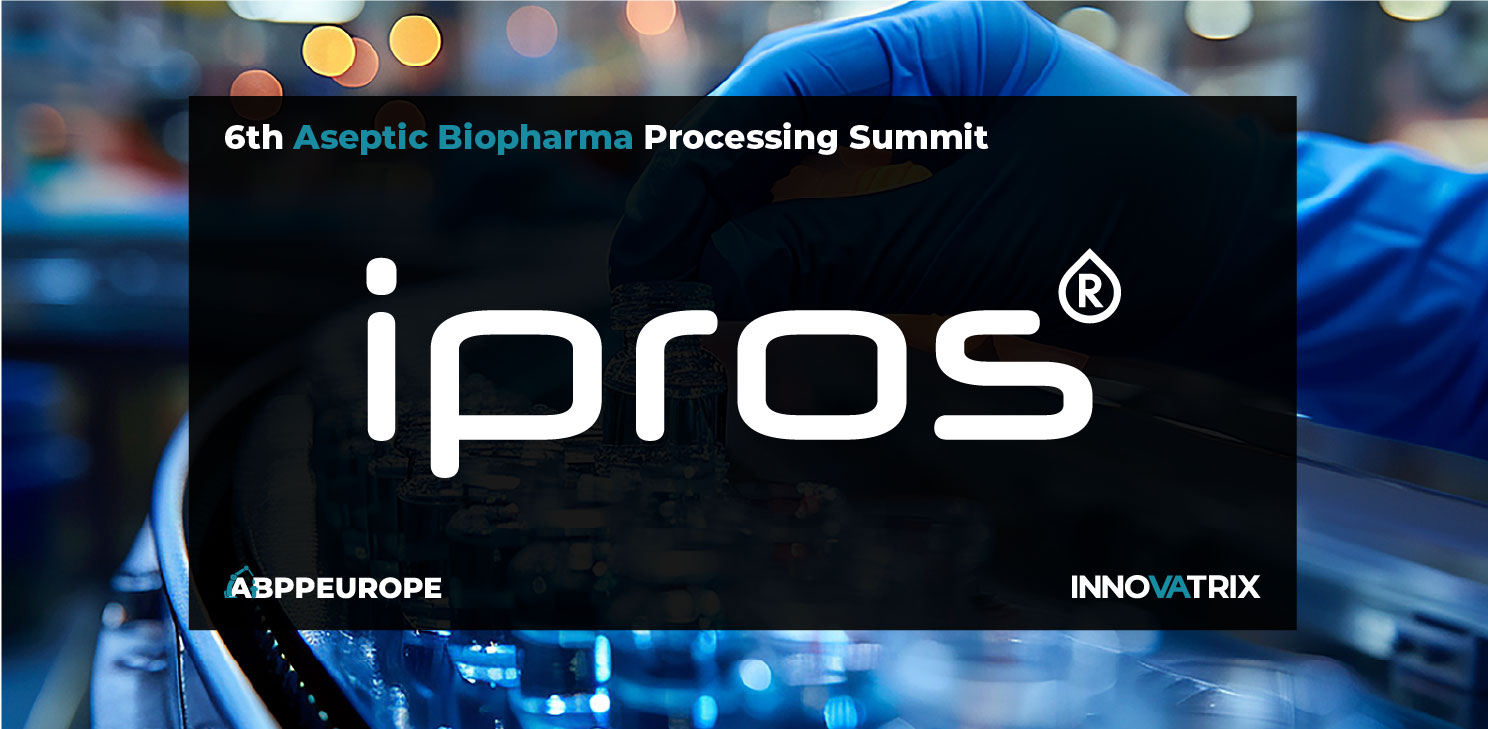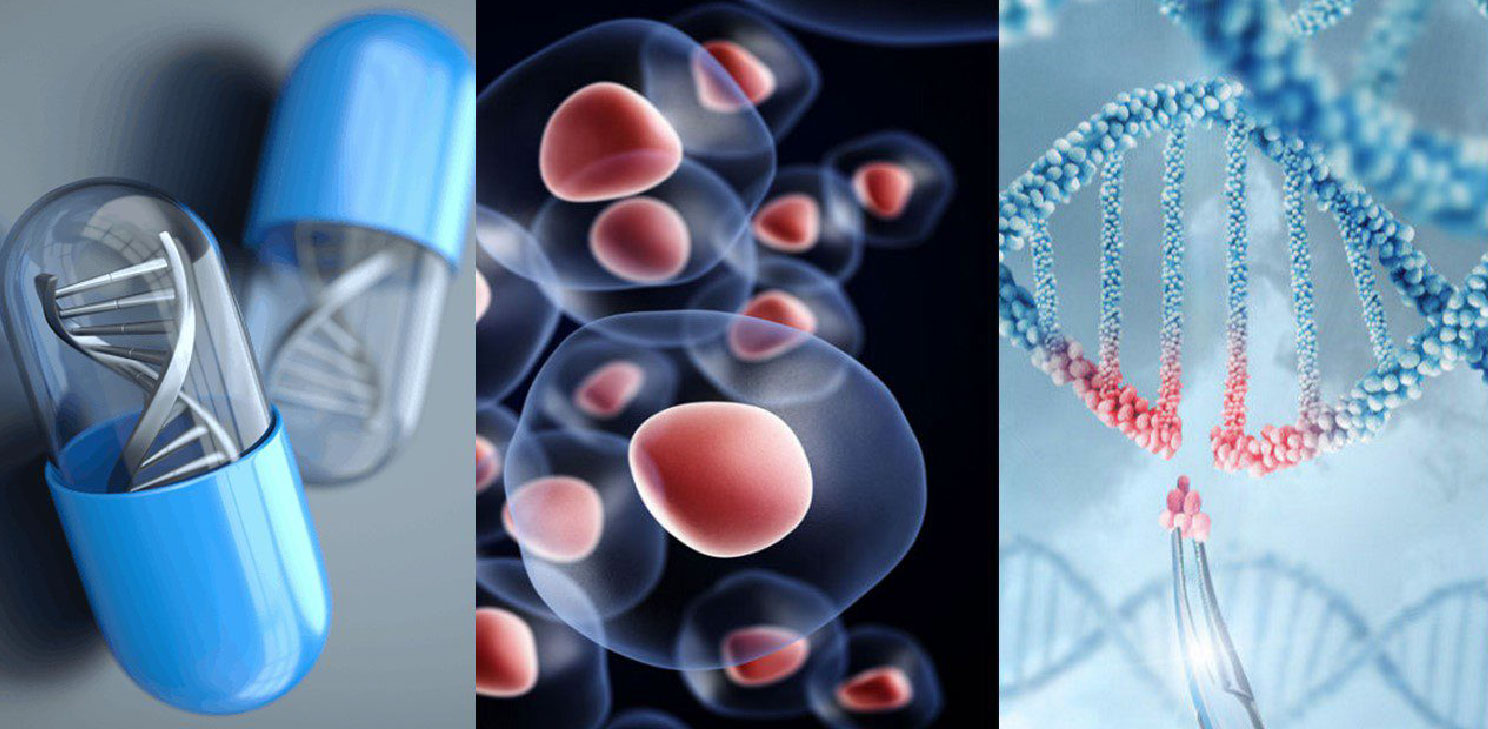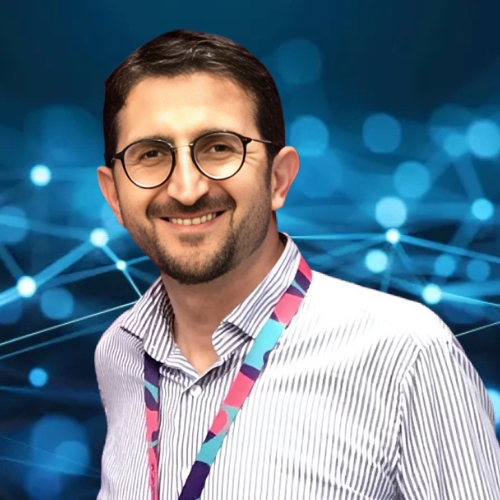Lithium-ion batteries (Li-ion) and lithium-iron-phosphate (LFP) batteries are two types of rechargeable power sources with different chemical compositions, LFP batteries use iron phosphate as the cathode material and Li-ion batteries can use a various cathode materials such as cobalt oxide, manganese oxide, or nickel oxide. While each has its unique strengths, their differences lie in energy density, lifespan, safety features, and efficiency.
The fundamental difference between the two lies in their cathode chemistry. Li-ion batteries typically use lithium cobalt oxide (LiCoO₂), lithium nickel manganese cobalt oxide (NMC), or lithium nickel cobalt aluminium oxide (NCA), while LFP batteries use lithium iron phosphate (LiFePO₄). This difference results in significant variations in performance and characteristics. For instance, Li-ion batteries offer a higher energy density, ranging from 150 to 200 Wh/kg and a voltage of 3.6 , which makes them ideal for applications where space and weight are critical, such as smartphones and high-performance electric vehicles. In contrast, LFP batteries have a lower energy density, usually between 90 and 120 Wh/kg and a voltage is 3.2V or 3.3V , making them bulkier for the same energy storage but better suited for applications that prioritise safety and longevity over compactness.
One of the key strengths of LFP batteries is their longer lifespan. LFP batteries typically last for 1,000 – 10,000 charge cycles or more, compared to Li-ion batteries, which degrade significantly after 500 to 1,000 cycles. This longer lifespan, combined with better thermal stability, makes LFP batteries safer and more reliable, especially in high-temperature environments. Li-ion batteries, by contrast, are more prone to thermal runaway, which can lead to overheating or even explosions under extreme conditions such as overcharging or physical damage.
Cost is another area where LFP batteries have an advantage. Li-ion batteries are more expensive due to the use of cobalt and nickel, which are costly and pose ethical and environmental concerns. LFP batteries, on the other hand, are made from cheaper and more abundant materials like iron and phosphate, making them more affordable and environmentally friendly.
Lithium-iron phosphate batteries offer more safety due to their chemical and thermal stability. It stays cool and does not typically experience thermal runaway, enabling the battery to operate as expected. Conversely, the chemical composition of lithium-ion batteries have a high-energy density and is not as stable. It heats up faster than lithium iron phosphate, and is not a good solution if it is to be used in unstable temperatures. Despite their lower energy density, LFP batteries’ longer lifespan, greater safety, and lower cost make them suitable for applications like energy storage systems and industrial use, where these attributes are more critical than size or weight. Li-ion batteries, with their higher energy density, remain the preferred choice for devices and vehicles that require compact power solutions.
Silver Sponsor of our upcoming 2nd Battery Gigafactory Summit USA: Advances in Planning, Engineering and Operations, LiCAP Technologies aim to empower battery customers with low cost, exceptional high performance and environmentally sustainable electrode and battery solutions. They offer lithium-ion capacitor cells with rated capacitance of 200F, 800F, 2200F and 3000F. All LiCAP LIC cells use LiCAP’s proprietary Activated Dry Electrode technology.
In summary, Li-ion and LFP batteries serve different needs, with Li-ion excelling in energy density and compactness, and LFP standing out for its safety, cost, and longevity. The choice between the two depends largely on the specific application and its requirements. To meet with LiCAP and their representatives, network with peers and solution providers and attend talks from industry leaders, book your place to attend the 2nd Battery Gigafactory Summit USA: Advances in Planning, Engineering and Operations taking place in Nashville, Tennessee, on November 13–14, 2024.
For more information, visit our website or email us at info@innovatrix.eu for the event agenda.
















